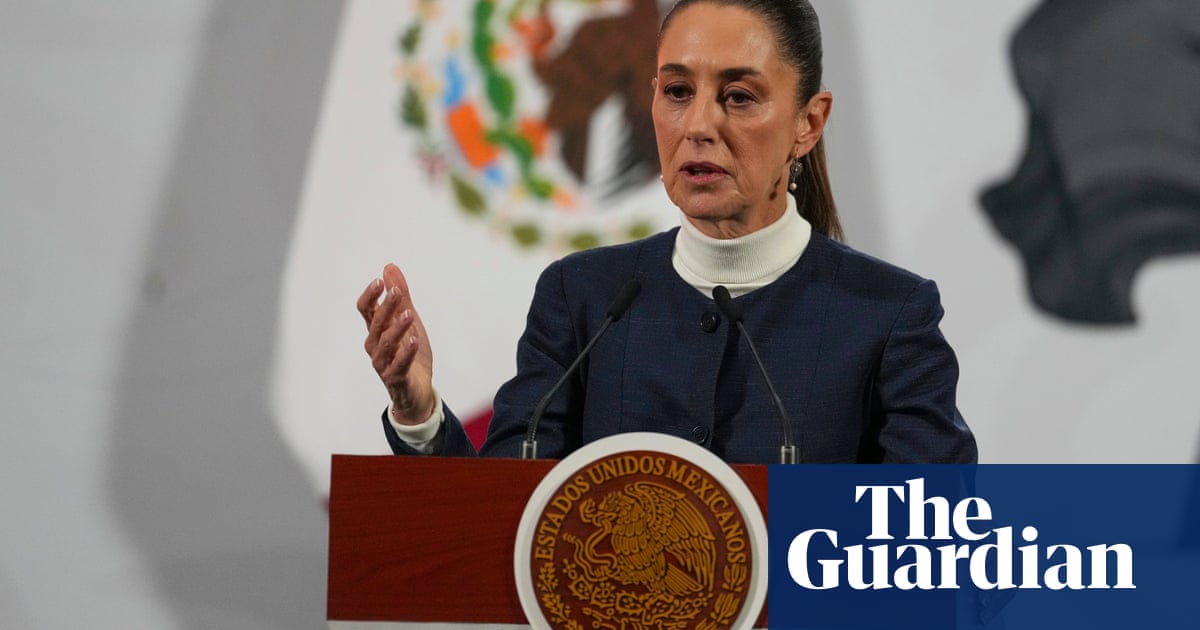-
President Donald Trump announced tariffs on goods imported from China, Canada, and Mexico.
-
Mexico's tariffs are delayed a month after Trump reached a deal with the country's president.
-
Here are the goods imported into the US the most from these three countries.
When evaluating how President Donald Trump's new tariffs on Mexico, Canada, and China could impact Americans, start by looking at the goods imported most from those countries.
The biggest categories are oil, electronics, and vehicles.
While Trump's 25% tariffs on Mexico have already been delayed by a month due to a deal he struck with the country's president on Monday, February 4 is still the expected start date for the 25% tariff on goods imported from Canada and 10% on China. He said that the tariffs were intended to crack down on drug and border policy, particularly to stop the flow of fentanyl into the US.
Canada's Prime Minister Justin Trudeau has already announced retaliatory tariffs on the US in response. He said on Saturday that "we need to respond in a way that is appropriate, that is measured but forceful, that meets the moment." Trudeau and Trump are expected to have talks about the tariffs at 3 p.m. ET Monday.
While details surrounding the implementation of the tariffs are still unclear, the proposed tariffs could affect a wide variety of goods Americans use daily. The Census Bureau reported that in 2023, the US imported about $1.3 trillion in goods from China, Mexico, and Canada combined.
From Canada, the top 2023 imports included over $92 billion worth of crude oil, about $34 billion in passenger cars, and almost $9 billion in natural gas.
The US imported over $65 billion worth of car parts from Mexico in 2023, along with about $26 billion in computers, nearly $20 billion in crude oil, and almost $14 billion in medicinal equipment.
China, meanwhile, is a major supplier of electronics to the US. The census data showed that in 2023, the US imported nearly $67 billion in cellphones and other household goods from China, over $37 billion in computers, and more than $32 billion in games, toys, and sporting goods.
Some companies have already been preparing to increase prices as a result of Trump's tariff plans on the campaign trail. Walmart CFO John David Rainey told CNBC on November 19 that price hikes are likely on the horizon if Trump implements his tariffs: "We never want to raise prices. Our model is everyday low prices. But there probably will be cases where prices will go up for consumers."
Additionally, Trump's plan could spark legal issues. Arturo Sarukhán, a former Mexican ambassador to the US, wrote in a November post on X that the tariffs would violate the US-Mexico-Canada agreement, a free-trade agreement negotiated by Trump in his first term that went into effect in July 2020.

 German (DE)
German (DE)  English (US)
English (US)  Spanish (ES)
Spanish (ES)  French (FR)
French (FR)  Hindi (IN)
Hindi (IN)  Italian (IT)
Italian (IT)  Russian (RU)
Russian (RU) 























Comments